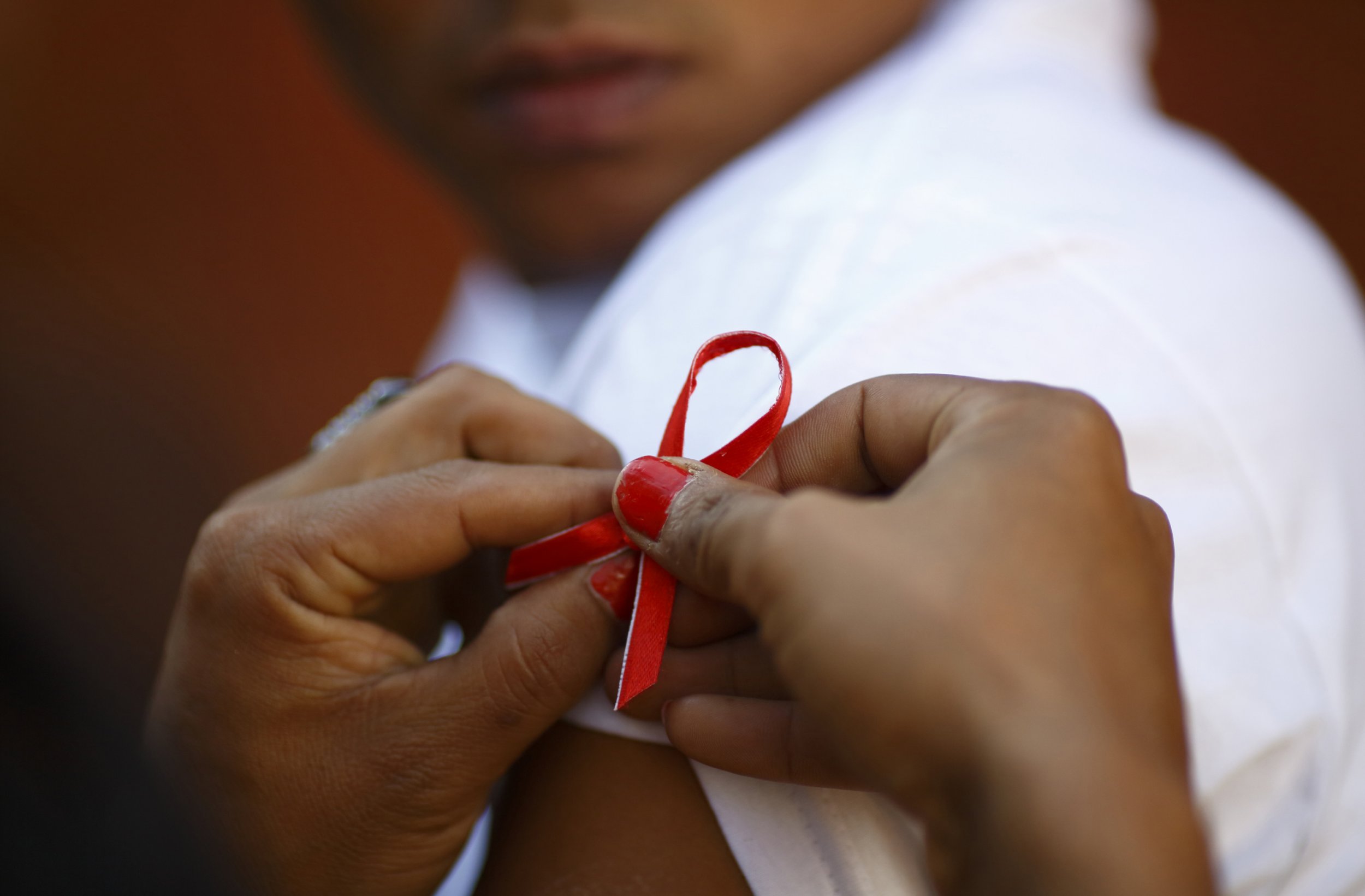
Pre-exposure prophylaxis (PrEP) has changed the face of HIV prevention since it entered the market a few years ago. The antiretroviral drugs protect a person from sexual transmission of the HIV virus. The problem, however, is many people don't use the drug program consistently, and so in practice it is much less effective than it has the potential to be. That's why researchers continue to seek new ways to deliver antiretroviral medication that makes staying on the program easier.
One of the most promising products in development is a vaginal ring infused with a potent experimental microbicide known as dapivirine. The silicone ring, which is changed monthly, has already proved to be highly effective as a delivery device for hormonal birth control and hormone replacement therapy.
A new study published in the New England Journal of Medicine and funded by the National Institutes of Health found that an HIV prophylaxis ring could reduce the risk for HIV infection by approximately 27 percent compared with a placebo. The Phase III ASPIRE study involved 2,629 women in Malawi, South Africa, Uganda and Zimbabwe, all of whom were aged 18 to 45 years old. In a further analysis that excluded data from two sites with low retention rates of participants, the dapivirine ring had reduced rates of HIV transmission by 37 percent compared with the placebo group.
For the study, women were given either a dapivirine-infused ring or a placebo at random. Neither the researchers nor the study participants were aware who received the effective rings.
The researchers found the ring was most effective among women over age 21—reducing rates of HIV infection by 61 percent in that age group. The researchers suggest this may be due to the higher level of adherence in slightly older women.
"We found that adherence appeared to increase after the first months of use, which may indicate that some time was needed for participants to become comfortable with the ring," the researchers write. The researchers say more studies need to be conducted to understand how factors such as biology and behavior influence the device's effectiveness.
Additionally, the researchers didn't observe any statistical difference in the adverse medical events in women who used the dapivirine ring versus those in the placebo group. The frequency of antiretroviral resistance in women who contracted HIV in the course of the study was also the same among both groups.
In recent years, an increasing number of people have started to take PrEP drugs for HIV prevention. According to recent estimates, as many as 30,000 people in the U.S. are currently using the drug Truvada for HIV prevention. In numerous studies on men who have sex with men, the drug has been shown to have the potential to be effective over 90 percent of the time, when used consistently and as prescribed. However, the researchers of the new study point out women account for more than half of people with HIV and should be offered more options for further protection.
Uncommon Knowledge
Newsweek is committed to challenging conventional wisdom and finding connections in the search for common ground.
Newsweek is committed to challenging conventional wisdom and finding connections in the search for common ground.
About the writer
Jessica Firger is a staff writer at Newsweek, where she covers all things health. She previously worked as a health editor ... Read more
To read how Newsweek uses AI as a newsroom tool, Click here.





